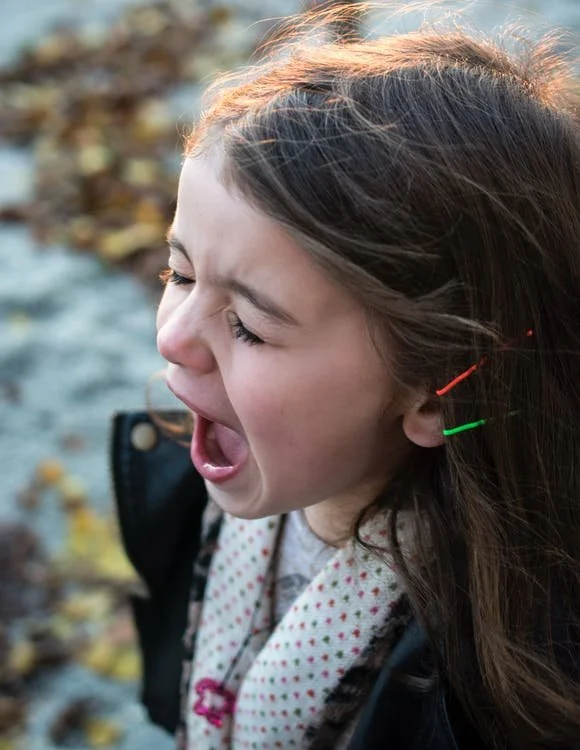Is my child’s aggression normal?
You may be concerned with the level of aggression you see in your young child. Many first-time parents are especially worried. Experts say some aggression is normal, but how much is that? Where’s the line? Read on for a more in-depth response to the question of “Is my child’s aggression normal?”
What does aggression look like in children?
As young children slowly learn self-control, most parents witness and experience aggressive behaviors in the meantime. It’s common that tantrums that involve kicking and hitting can occur up to nine times a week for children under four.
Many toddlers show aggression toward their mothers and mother figures, and this often reveals a desire for control. Kids may react with aggression out of frustration when they are told no or limits are set for them. Hitting or biting a parent by a toddler can be a way for them to express big emotions like anger or jealousy. Without the language skills and emotional maturity to express their feelings, children find another way to express themselves. Sometimes, these feelings result in aggressive behaviors.
What are the causes?
Toddlers and kids in preschool may show aggressive behaviors when they feel upset, overwhelmed, frustrated, or afraid. Aggression in toddlers can also result from unmet needs. For example, children often need nutritious food every three to four hours to help them regulate their emotions. Additionally, big life changes like a move or break-up can result in aggressive behavior in children. This can happen as children try to deal with emotional challenges or become over-stimulated.
Some aggression in toddlers is usually considered normal behavior as children test boundaries and learn ways of expressing themselves. However, there may be a mental health component involved. Anger issues have been seen in children with ADHD, autism, anxiety, learning disabilities, and OCD. Additionally, outside factors like media messaging and peer actions can teach children negative behaviors.
How to respond
First of all, don’t take it personally. Your child is learning and growing and dealing with their own emotions. Support their growth and remain calm and consistent as they experience big feelings. Additionally, take notice if there is anything that triggered the aggression—a certain person, a new situation, a specific time of day, or feeling sick.
Teach kids to identify emotions and cope with them. When you see aggressive behaviors, see this as an opportunity to help your child improve. Don’t shame your child’s aggression—this could make it worse. Teach them ways to self-regulate or calm down when they feel overwhelmed or upset. Accept and validate their intense feelings instead of rejecting them as a person or shaming their feelings. Model self-regulation strategies like staying calm or slow breathing.
Redirection or distraction is a preferable response to your child’s aggression instead of punishing your child with spankings or yelling. Remember to stay calm. You can allow your child to release energy by punching a pillow in the corner of the room and letting them know this is the only place they are allowed to hit—not the dog or brother. When using time out or limiting screen time, make sure to be consistent with consequences. Don’t give in to your child’s demands, as this reinforces inappropriate behavior.
Remember to focus on the positive and acknowledge good behavior. When you get through a trip to the store with no problems, let them know how you really liked how they acted at the store.
When to contact a professional
Contact a pediatrician if your child’s aggression is getting worse and worse over time, or impacting their daily functioning. This could look like constantly hitting themselves and others or throwing violent temper tantrums about small things. If your child is struggling to play with other children because of disruptive behaviors, seek help from a professional. A professional may also be able to help your child learn new self-regulation skills, how to identify feelings in place of acting out and improve communication skills.
Are you looking for more support for yourself or your child? Please reach out to us. Our team of therapists is here to provide support and guidance. We look forward to connecting with you.







